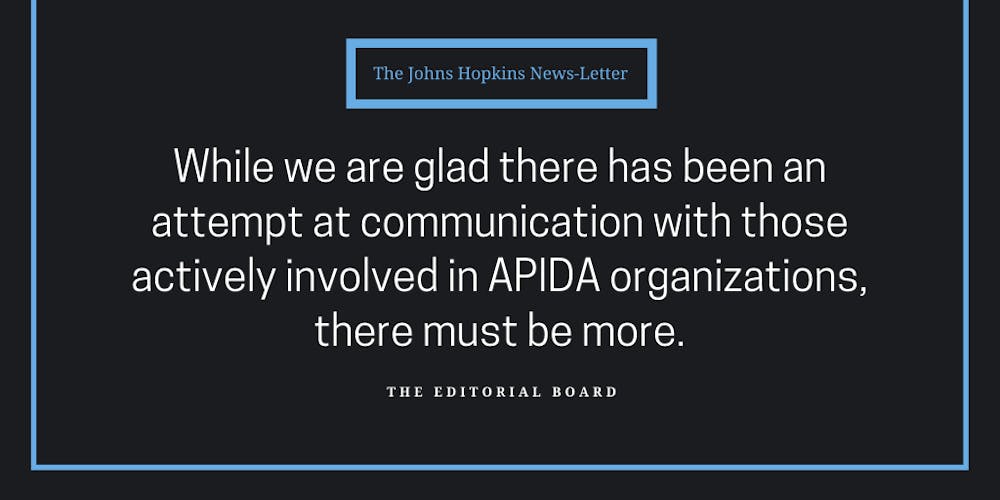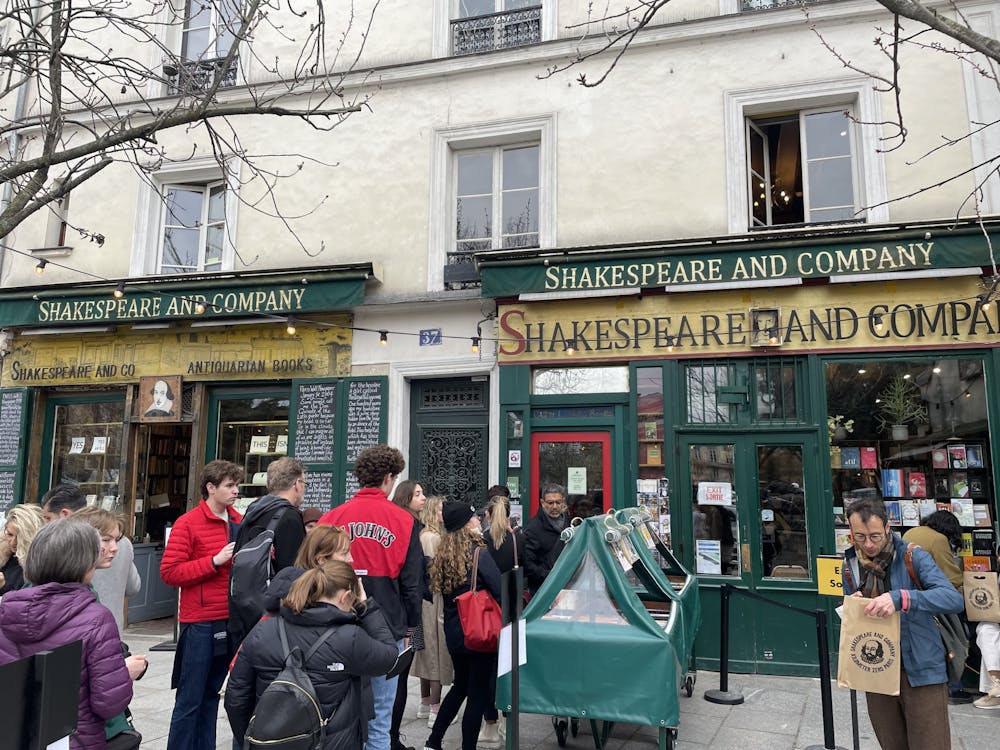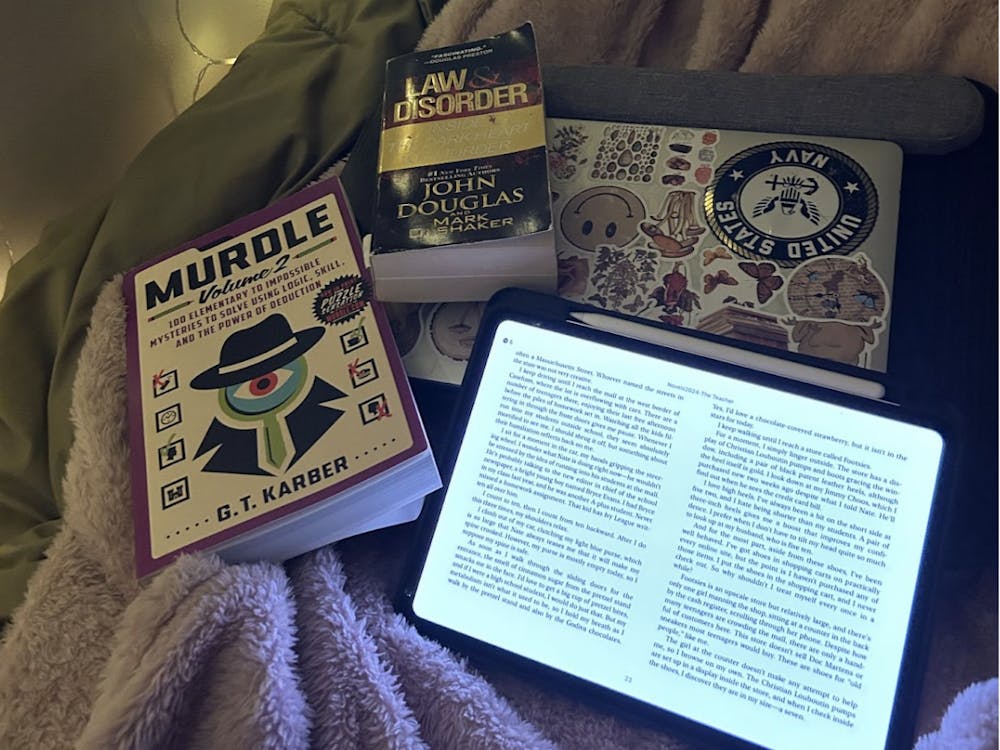In recent months, anti-Asian hate crimes have skyrocketed. Throughout the pandemic, Asian American Pacific Islander (AAPI) communities have faced verbal and physical assaults fueled by fear of the virus and former President Donald Trump’s xenophobic rhetoric. Trump repeatedly called COVID-19 the “kung flu” and the “China virus.” Although he may be out of office, his presidency and the pandemic in particular have unmasked America’s racism and sinophobia.
Since March, over 2,808 first-hand accounts of anti-Asian hate have been reported in the United States. This national trend is visible in Maryland; last month, six Asian-owned businesses were burglarized in nearby Howard County. The police have not ruled out the possibility that these were hate-bias incidents, yet despite occurring on the first day of the Lunar New Year, they are being investigated just as commercial burglaries.
Although many students returned to Baltimore this semester, some AAPI students and their families are currently residing in areas that have experienced drastic increases in AAPI hate crimes. New York and California have both reported massive spikes in violence — specifically aimed at the elderly — within the past month. Vichar Ratanapakdee, an 84-year-old Thai American, was murdered in San Francisco; Bawi Cung and his two children, aged 3 and 6, were attacked in Midland, Texas; and Noel Quintana, a 61-year-old Filipino American, was slashed on a New York subway.
The University reached out on Feb. 17 to leaders of Asian Pacific Islander Desi American (APIDA) organizations and the Multicultural Leadership Council. Yet there has been no recent University-wide acknowledgement of what is going on across the country. However, in their May 31 statement responding to Black Lives Matter protests and condemning racism, University leaders did note how “our Asian and Asian American communities have been targeted with vitriol because of the disease’s origins.”
APIDA students at Hopkins have not received sufficient resources to come together as a community to process this rise in hate crimes. While we are glad there has been an attempt at communication with those actively involved in APIDA organizations, there must be more.
For example, we call on the Student Government Association to establish an APIDA caucus, both to provide a space for students to voice their concerns, but also to ensure that the broader Hopkins community is educated on anti-Asian sentiments and actions.
We must recognize that sinophobia isn’t limited to recent violence or conspiracy theories about COVID-19. It’s also stereotypes and myths about Asians, fetishization and cultural appropriation. We must all be vocal about the issues affecting our peers and stand in solidarity with the APIDA community.





